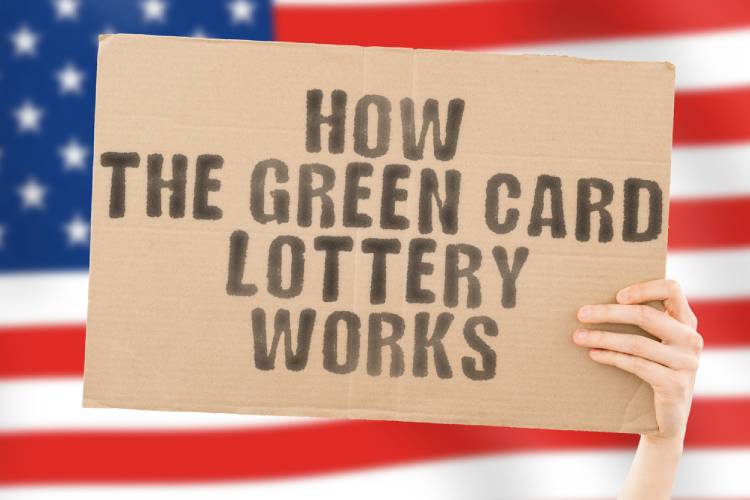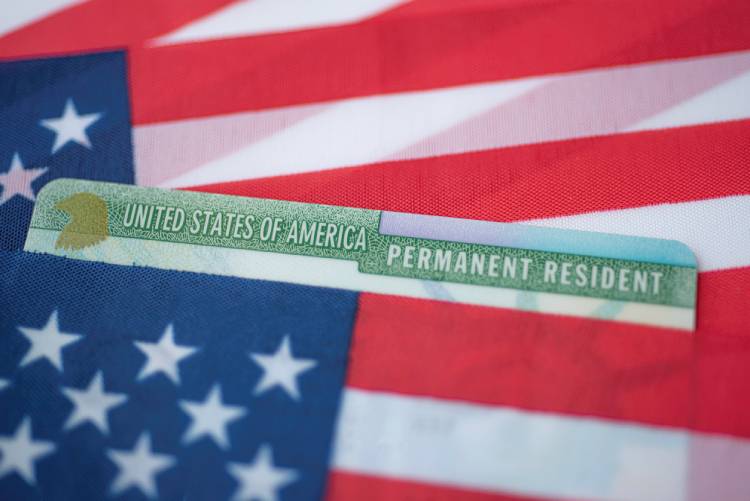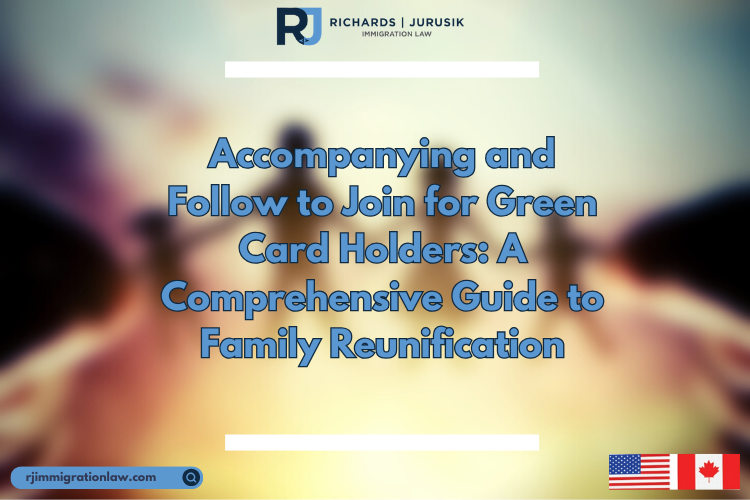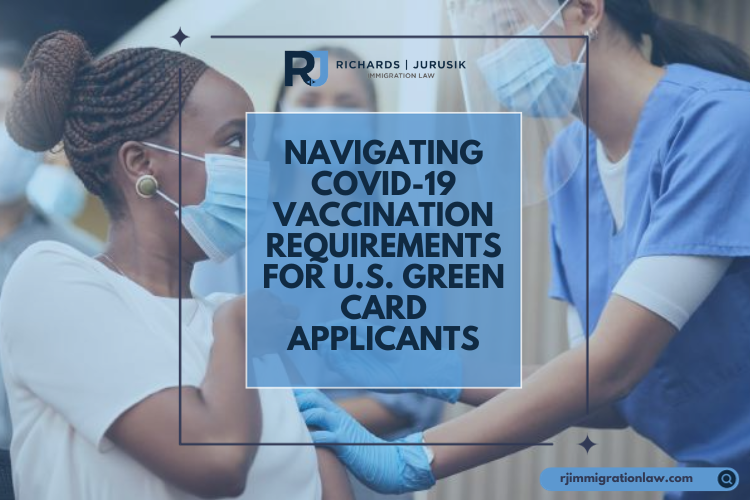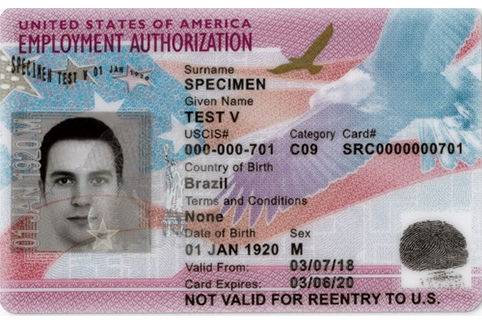The Diversity Immigrant Visa Program, commonly known as the Diversity Visa Lottery, is a pivotal U.S. government initiative that facilitates up to 50,000 immigrant visas annually. Originating from the Immigration Act of 1990, it’s designed to diversify the U.S. immigrant population by selecting applicants from countries with historically low immigration rates to the United States. We discuss the diversity lottery system here.
Understanding the Diversity Visa Lottery
This program is a beacon of hope for many, offering a chance to enter the United States through a computer-generated random drawing. The visas are evenly distributed across six geographical regions, prioritizing areas with lower immigration numbers. The eligibility criteria include a high school education, equivalent, or qualifying work experience.
Key Aspects of the Diversity Visa Lottery
- Annual Allocation: Up to 50,000 visas are made available each year.
- Eligibility Criteria: High school education or equivalent or relevant work experience.
- Selection Process: Computer-generated random drawing from eligible entries.
- Geographic Diversity: Focus on countries with low U.S. immigration rates.
Post-Selection Steps
If you’re one of the lucky individuals selected, here’s what you need to do:
- Confirmation and Online Application: Verify your selection and complete the DS-260, an online immigrant visa application.
- Preparation for Interview: Anticipate an interview at your local U.S. embassy or consulate.
- Document Compilation: Assemble necessary documents, including passports, photographs, birth certificates, medical records, and financial proofs.
- Medical Examination: Undergo a medical exam by an authorized physician.
- Interview Attendance: Participate in the visa interview along with your family members.
- Visa Approval and Fee Payment: Pay the requisite USCIS Immigrant Fee upon visa approval.
- U.S. Immigration: With an approved visa and completed formalities, you’re set to immigrate to the U.S.
Conclusion
Securing a Diversity Visa is an incredible opportunity, but it’s not a guaranteed pathway. It’s essential to act promptly and adhere to the procedures meticulously. Stay updated with the latest guidelines from the U.S. State Department to ensure a smooth application process.
Subscribe to Our Resources Blog
Schedule a Consultation with an Immigration Lawyer

